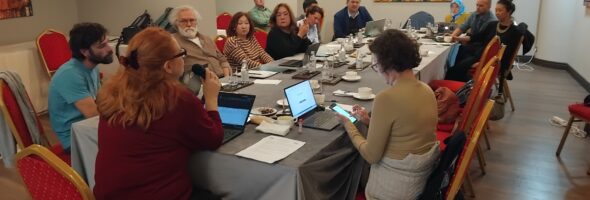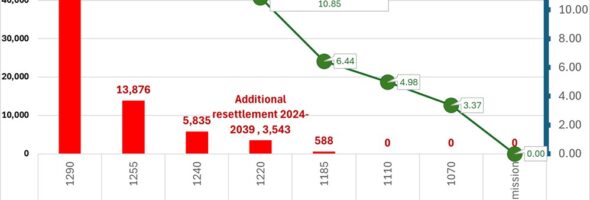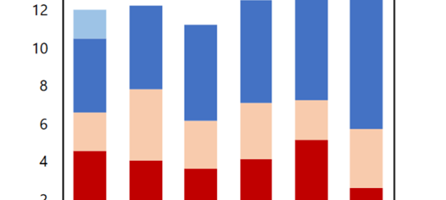World Bank’s financing role in the Rogun Hydropower Plant facing scrutiny
Eurasianet. Apr 11, 2025 An aerial view of construction works at Rogun. (Photo: president.tj) The World Bank is under fire over allegations of impropriety in financing the Rogun Dam project in Tajikistan. Specifically, bank officials are facing accusations that they failed to comply with procedures to account for potential environmental …






